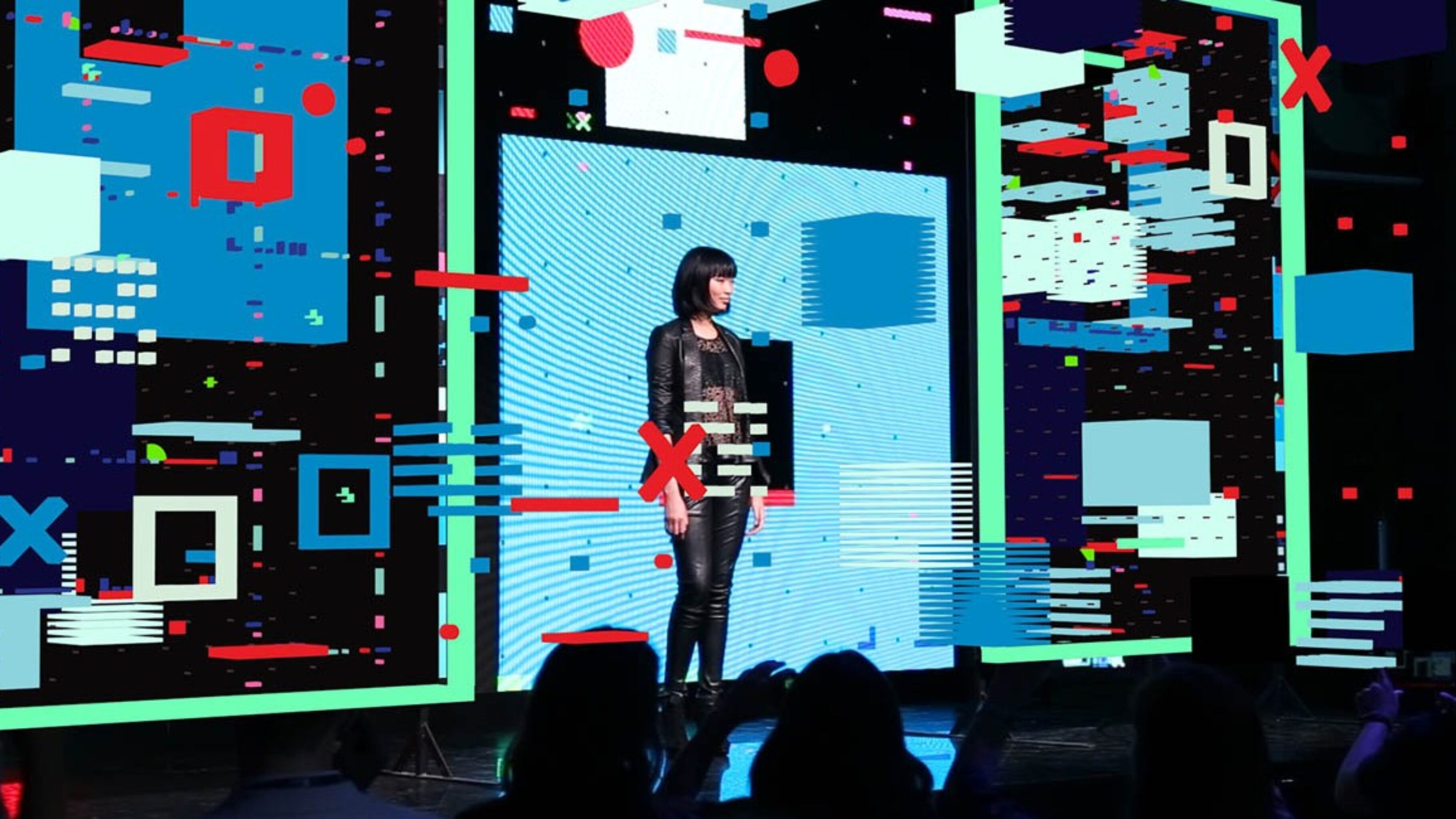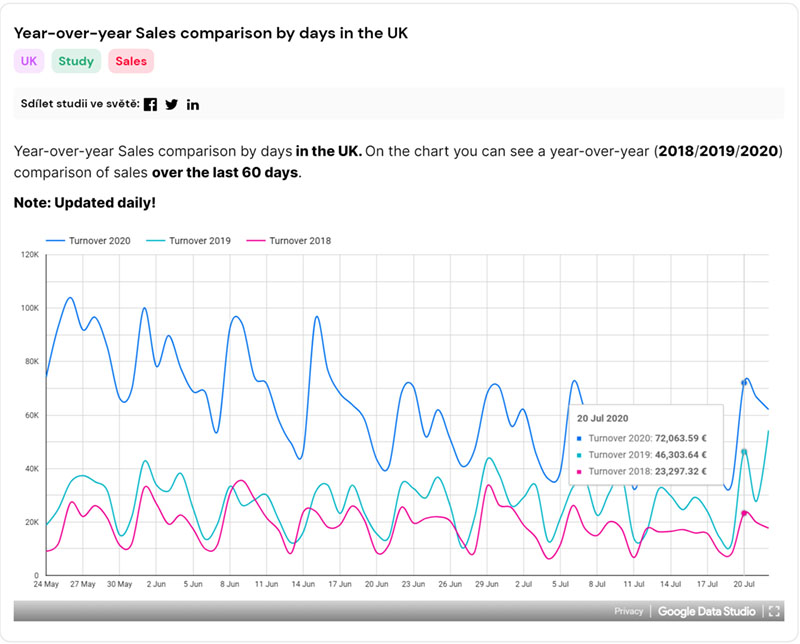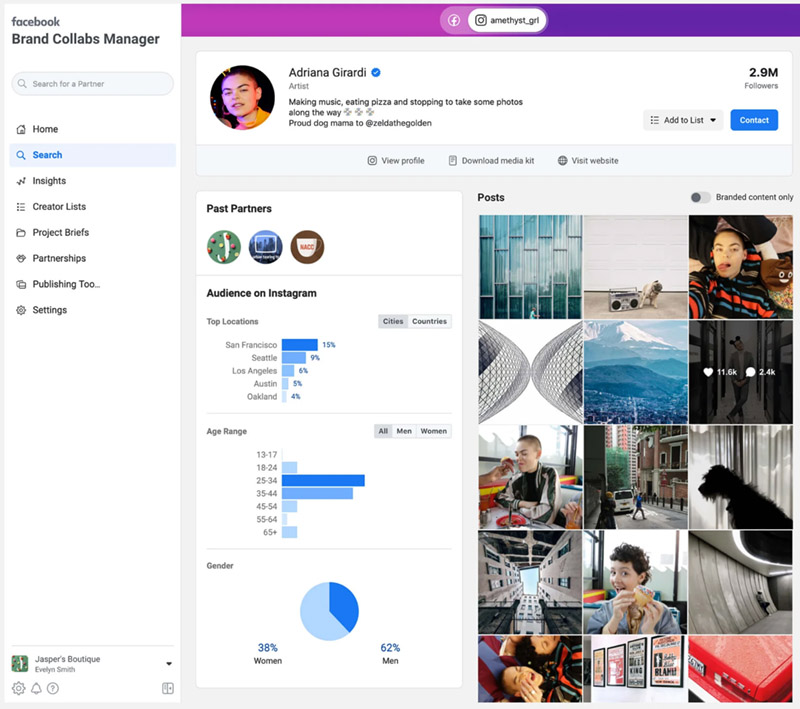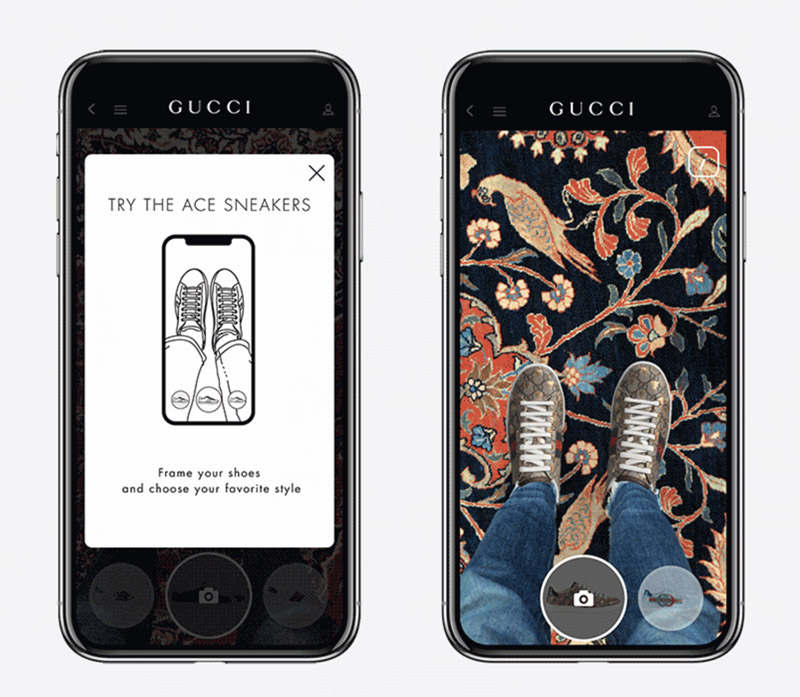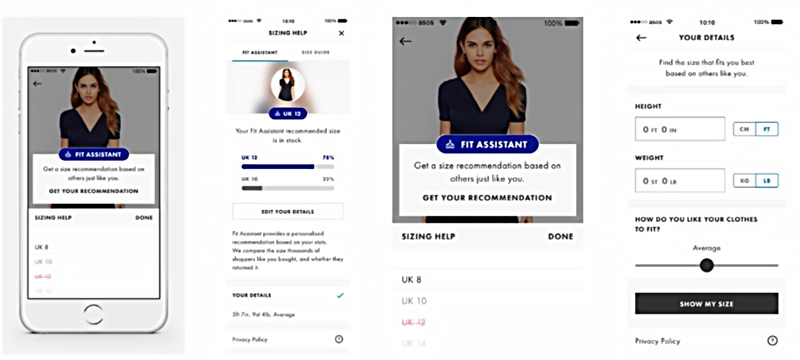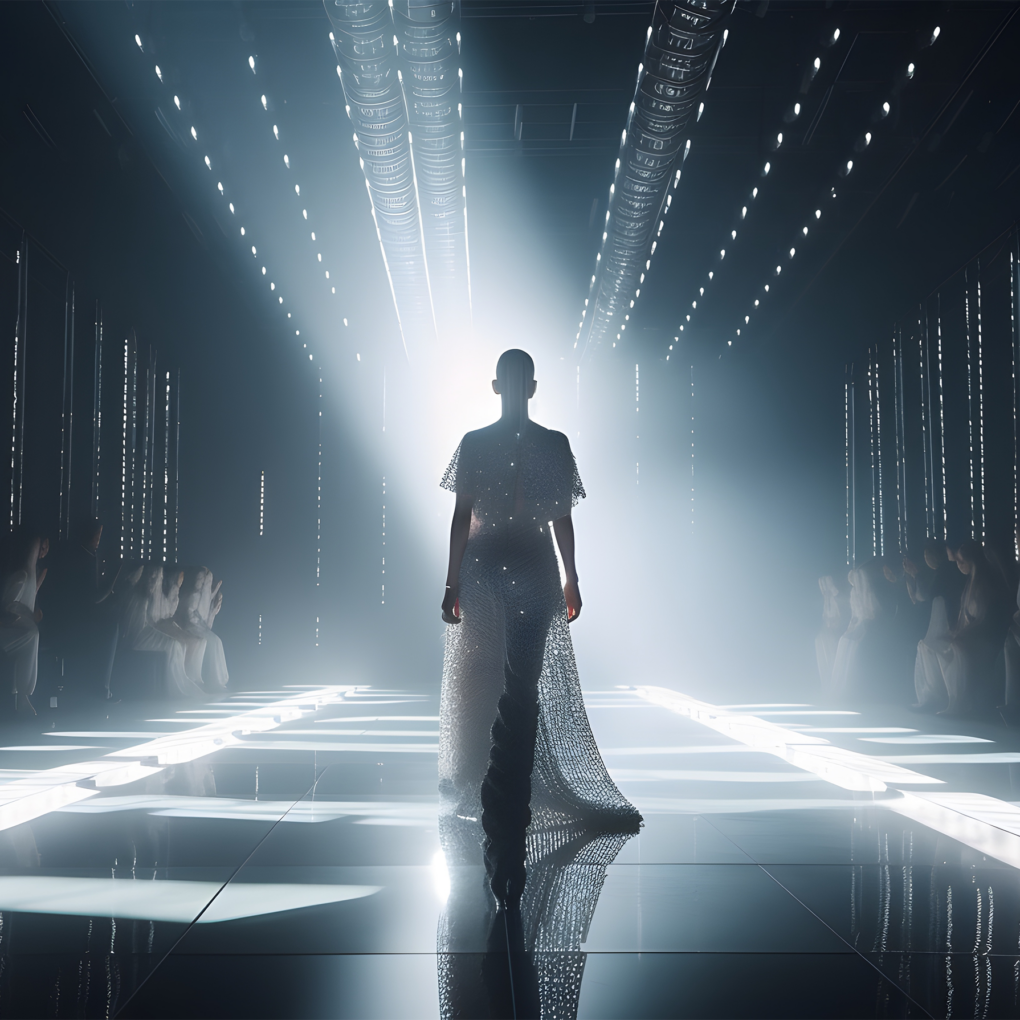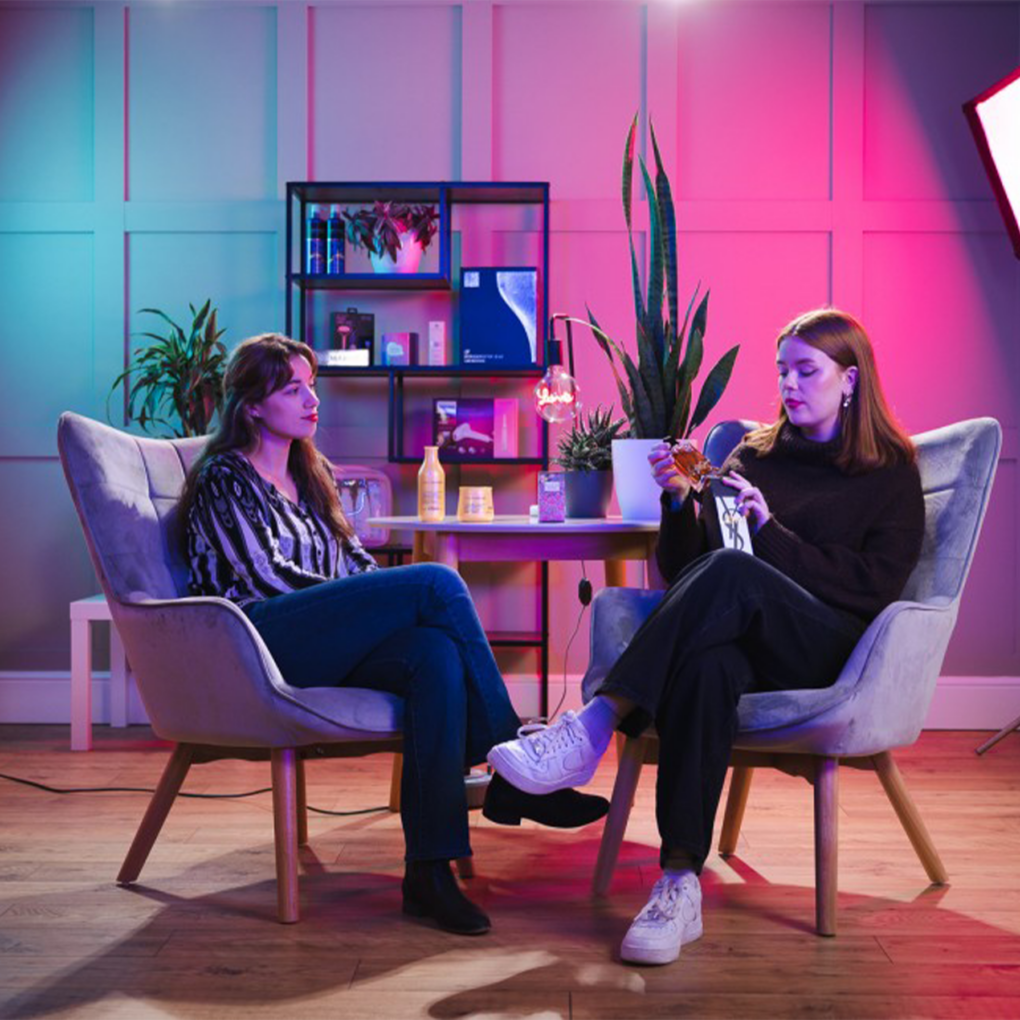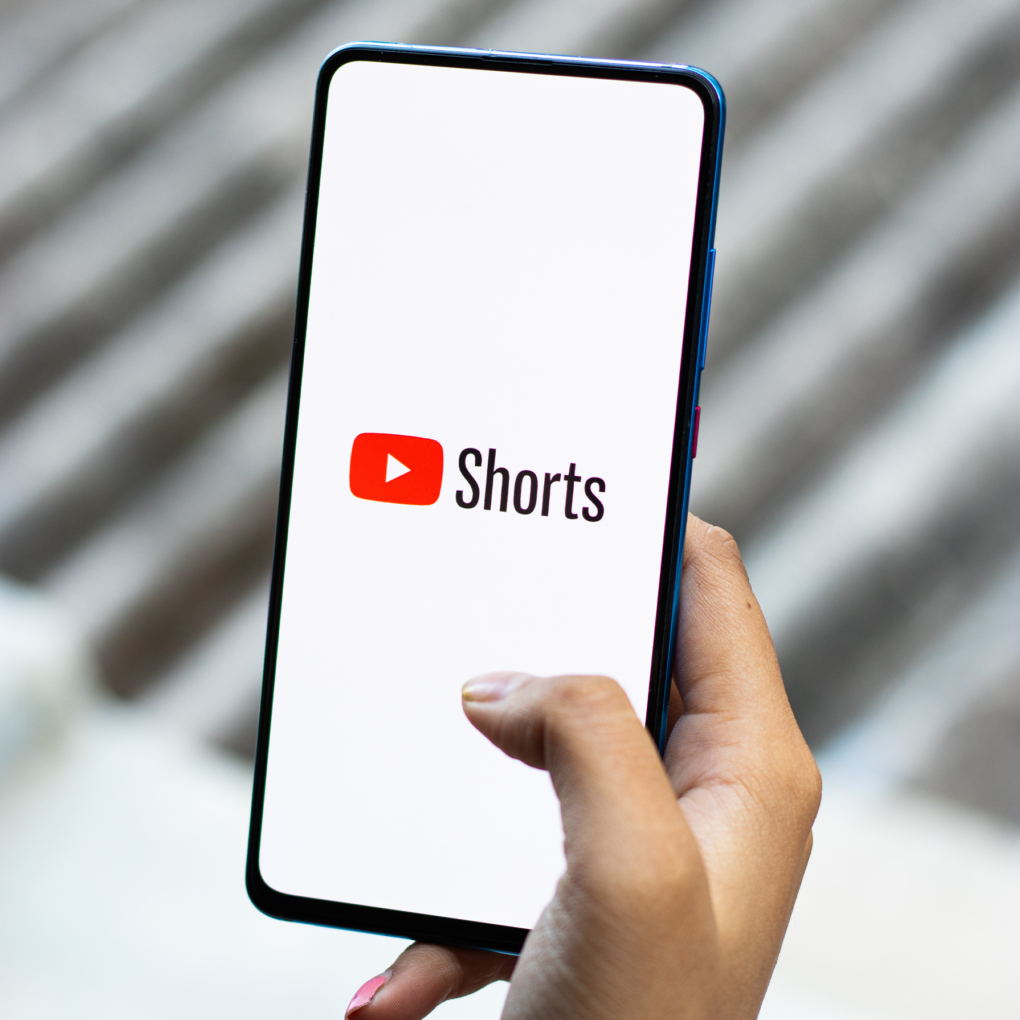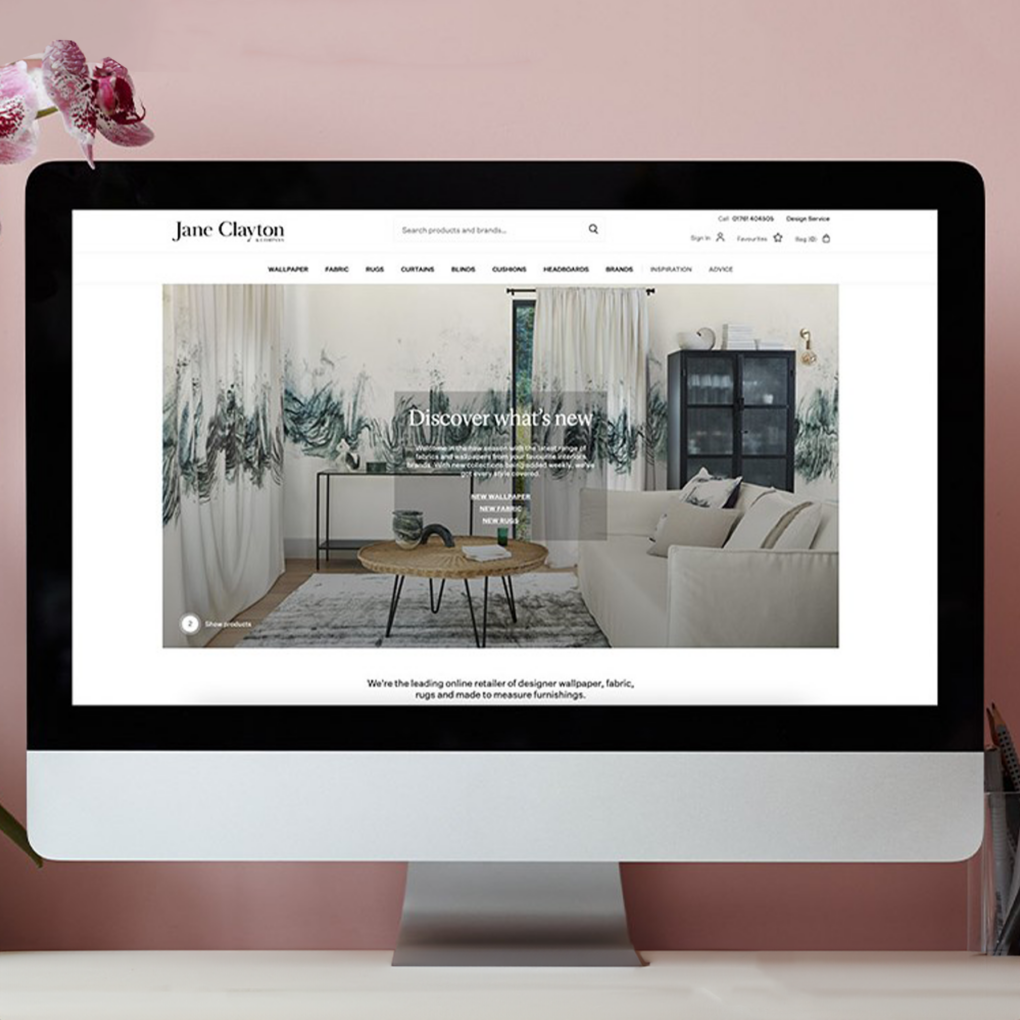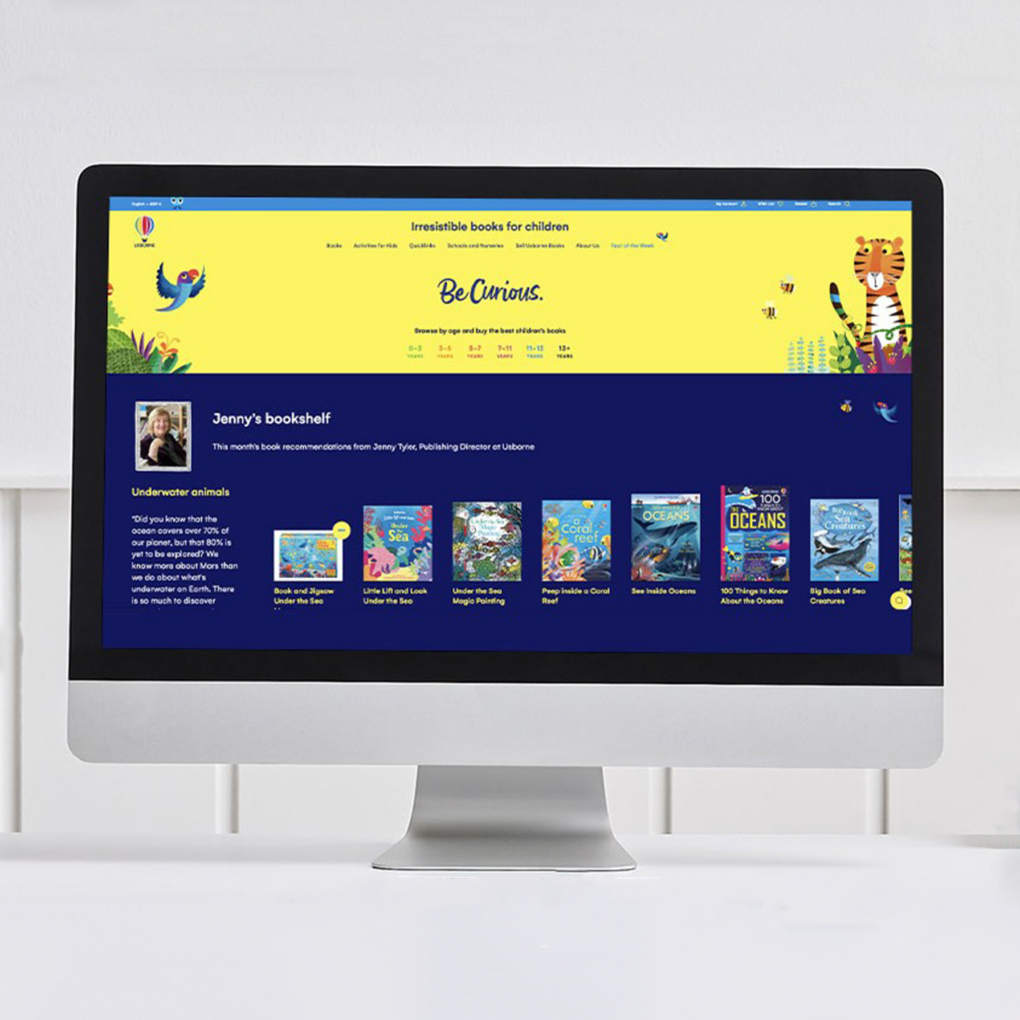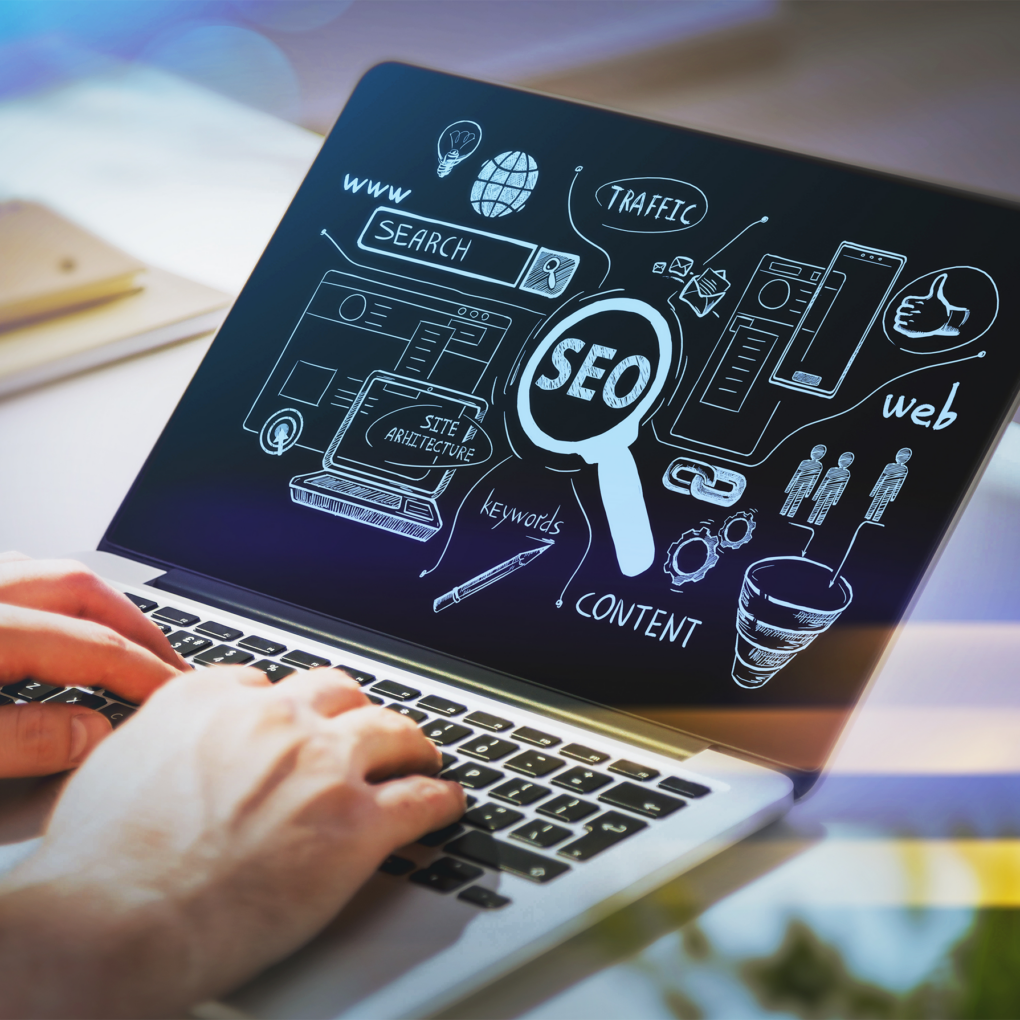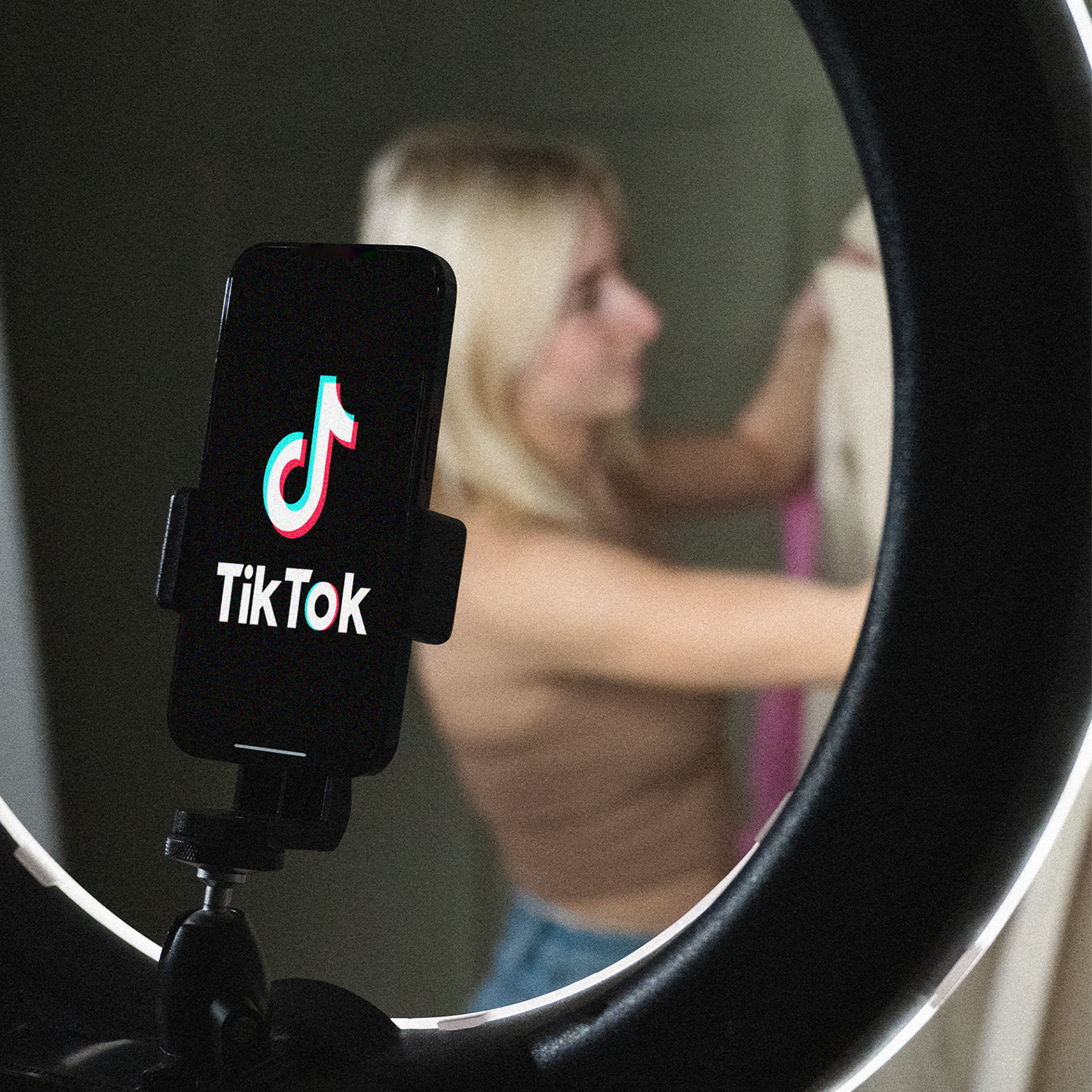The fashion industry is one of the biggest in the world with a projected growth of 1.5 trillion dollars at the end of 2020, representing 2% of the global GDP. There seems to be no slowing down of the industry even more now since the COVID-19 pandemic and the movement to stay at home and social distancing, has encouraged more online shopping. According to #ecomcovid19 e-commerce sales have increased dramatically in the UK when compared year-over-year in the last 60 days to 2018 and 2019.
With the increase of online shoppers, e-commerce retailers have been competing fiercely to capture the attention of new and returning customers. As the fashion industry continues to grow and everyone wants a piece of the pie, major retailers like Target, Amazon and Walmart have now even started their fashion labels and entered into partnerships with other fashion brands like Amazon and Zappos, the shoe retailer.
However, in order for brands to distinguish themselves even further from their competition, some have been investing in a lot more than just partnerships and collaborations. Immersive technology such as Artificial Intelligence (AI) and Augmented Reality (AR), is fundamentally transforming the industry from the way fashion brands sell their product.
AI is also influencing the value chain and the way retailers design and distribute their product. The goal is to provide a more personalised experience for their customers on all levels such as the clothing fit, style, trends, suggested outfits, customer support, discounts and much more.
To understand this further, we compiled the biggest immersive technology and fashion trends predicted for the year ahead by some of fashions biggest names like Gucci, ASOS, Vogue and much more.
Immersive technology & fashion trends for the second half of 2020
Just like the steady expansion of the fashion industry, right alongside it is the AI and immersive technology industry, with predictions that the AI market is expected to be worth almost $60 billion by 2025. This is very impressive, considering that artificial intelligence had started to become an on-trend topic since 2011 when Microsoft launched Kinect for Xbox 360, the first gaming device that tracked human body movement using 3D and infrared detection.
Now almost nine years later, let’s see what AI technology has in store for fashion e-commerce, marketing and design.
Artificial intelligence integrations
As data privacy laws mature all over the world, it becomes harder and harder for companies to rely on aggregated third-party data to target customers and predict behaviour. As a result, brands are slowly being forced to reduce their data-informed personalisation efforts.
But let’s look at the bright side and the power that social media has when it comes to supporting brands’ marketing efforts. According to Vogue, since December 2019, Instagram has officially been testing a tool called the Brand Collabs Manager, that is aimed at supporting companies with their brand-influencer partnerships through detailed insights on influencers and campaign audiences.
The Brand Collabs Manager tool works similar to Instagram ad targeting whereby brands can specify the desired audience of the influencer they want to work with based on location, gender, age, number of followers, interest etc. Facebook has also started testing this tool, and experts believe it will make a big impact on the already $8 billion influencer marketing economy.
Avatar inspired fashion shows
The luxurious British fashion house Ralph & Russo launched their first AI-powered digital couture fashion week on the 6th of July 2020. Typically around this time, Paris fashion week autumn/winter would be off to a start. However, with the pandemic this year, all major events with large crowd gatherings have been cancelled. Many fashion brands faced the challenge of reinventing themselves this year in a short space of time, Ralph & Russo, however, seemed to handle this challenge quite well.
The creative director of the brand, Tamara Ralph, seized the opportunity of combining fashion and AI technology. At the Paris Fashion Week, they showcased their new designs using a virtual avatar, that embodied the brands’ values and ethos. In a recent interview in Harper’s Bazaar, Ralph & Russo said that “making digital a priority will be our new norm and that AI has been a dimension the brand has always been interested in exploring”.
Digital clothes
Ever since the launch and popularity of Snapchat and their filter feature, fashion brands have identified an opportunity to connect and engage with customers in a new and smart way. The concept of trying on digital clothes has really become widely adopted by the most luxurious fashion houses and high-street brands.
Last year Gucci launched a new iOS app that let users virtually “try on” its ace sneakers. Gucci partnered up with the Belarus-based startup Wannaby to develop the feature, which allows the brand to present it’s newest shoes to their customer base the fastest way possible. The app also offers personalisation to its users, through shoe recommendations and allows customers also to take photos of themselves wearing their favourite ace models and sharing these on their social media platforms. Other features also include unique stickers and wallpapers on the app to help users customise their devices, which enables users to express their individuality and share new design ideas.
Similarly ASOS, the high-street fashion retailer has just launched their new See My Fit app, powered by AR technology, ASOS chose to collaborate on the project with Zeekit. The app works both on mobile and desktop, and its primary function is to help users choose the correct fit for the type of clothes they want to purchase, according to their body size and shape. The technology behind the app enables personalisation services like the fit assistant feature, offering advice to users from sizes 4 to 18.
Design and manufacturing
Apart from AR and AI technology being used to offer a better shopping experience for the end-user, immersive technology is also changing the way fashion houses and high-street brands are manufacturing and designing their product.
According to Forbes, AI-based approaches for demand projection in the fashion industry can reduce forecasting error by as much as 50%. Given the continually changing factors in the fashion market like trends and distribution, retailers need to predict trends and consumer preferences consistently. Intelistyle, the AI-powered, London based predictive fashion company provides styling, and trend forecasting services for fashion retailers and brands all over the world.
AI technology can also be applied in textile manufacturing, whereby manufacturers are looking at innovative ways in which they can automate the production of textiles and increase the efficiency of the manufacturing process by augmenting human textile employees. Additionally, artificial intelligence is aiding in quality assurance procedures, whereby computer vision can allow quality assurance to be more streamlined and therefore eliminate human error.
––––––––
Aleksandra Michniewicz specializes in copywriting and content creation for companies in a variety of industries like tech, lifestyle, fashion and finance.
